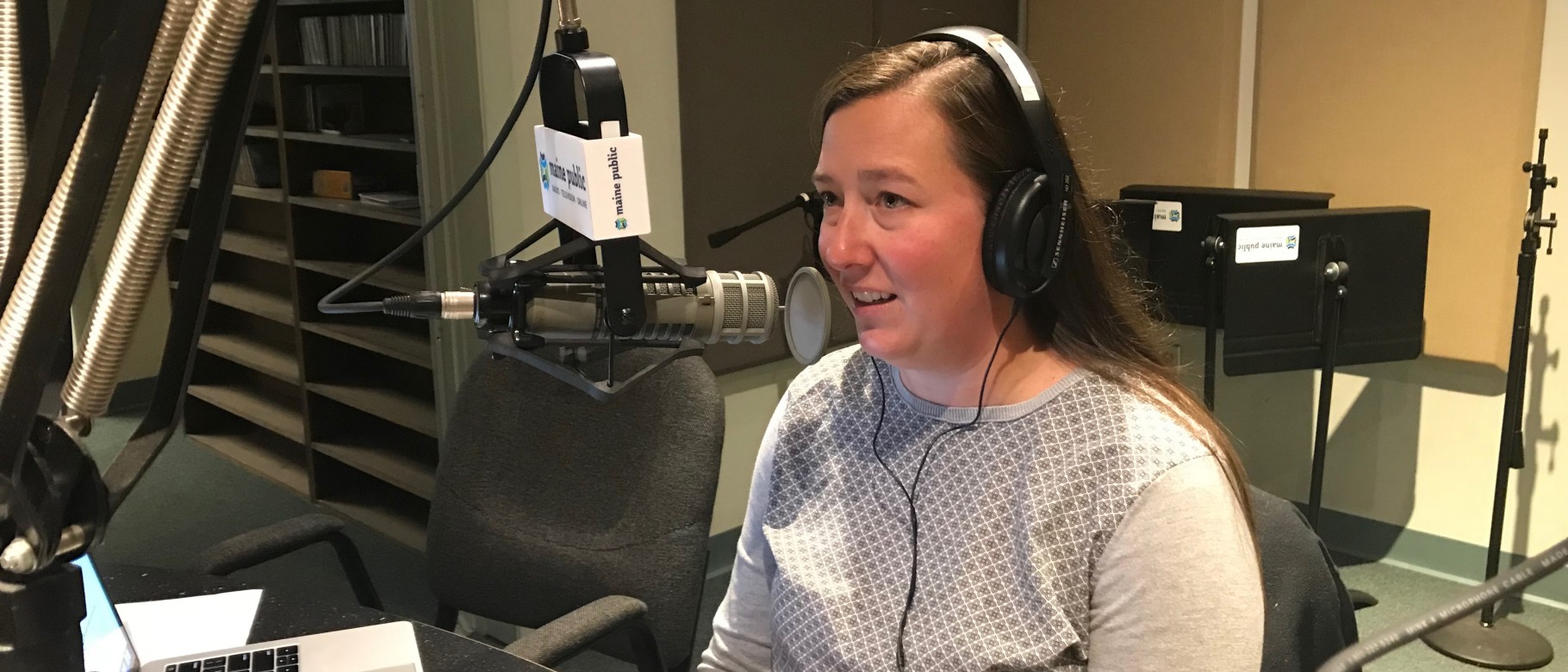'Maine Calling' invites Alicia Williams to be a panelist on program about the health of marine mammals

More than 400 dead or stranded seals have been found along the Maine coast the past few months. The National Oceanic and Atmospheric Administration (NOAA) has classified this as an “unusual mortality event.” The classification means the deaths will be prioritized for investigation and response.
Many of the seals have tested positive for either avian influenza or phocine distemper virus.
Alicia Williams, Ph.D., assistant lecturer in the Department of Marine Sciences, is an expert on marine life, specifically microorganisms such as phytoplankton, bacteria and viruses living in the ocean.
She recently shared her expertise on this topic as a panelist on Maine Public’s “Maine Calling” program.
“It seems, particularly for the distemper, the virus is being transmitted through close contact between the animals themselves. That means they’re touching each other or breathing in the same air, similar to how flu viruses are transmitted by humans,” Williams told Maine Public's Cindy Han.
The focus of the program was centered around the health and well-being of marine mammals living off the coast of Maine.
Williams says not all viruses are harmful to marine animals. In fact, she says many are helpful.
“There’s tons of viruses and bacteria that live in the ocean. Most of them contribute to the overall health of the ecosystem,” she remarked.